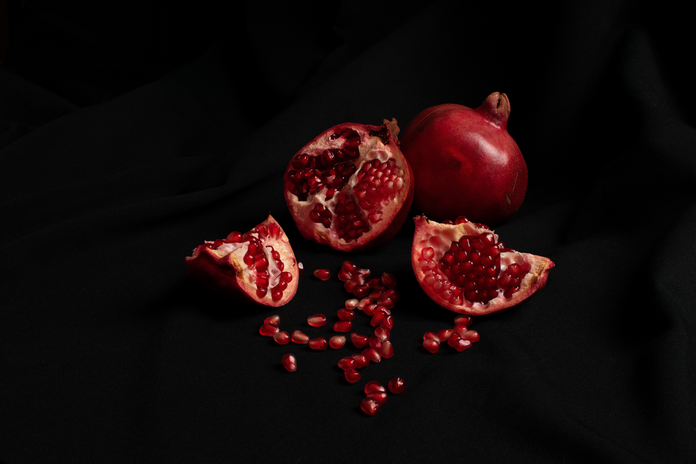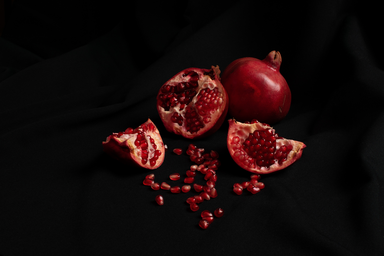I wish I was joking when I tell you that Edward Cullen was my first crush.
I was 8 years old when I first watched Twilight; 10 years old when I picked up a copy of the book. Hidden beneath the sheets with nothing more than a flashlight and a vivid imagination, I read the entire series in less than two weeks. In my mind, the image of Edward Cullen was lovely and gallant—a gentleman lost in time. A handsome, intelligent vampire who loved fervently and would do anything for the one he cared for. To say I was jealous of Bella Swan and the immortal eyes that fancied her would be an understatement. I wanted to be her.
I carried these thoughts and fantasies of epic romance with me through the saga’s completion, touting the term “Twihard” like a badge of honor. So, when Stephanie Meyer announced the release of Midnight Sun in Aug., I nearly died from excitement.
The sixth installment of the Twilight Saga, Midnight Sun retells Twilight from Edward Cullen’s point-of-view. As the probable captain of Team Edward, this was a no brainer. I pre-ordered my copy of the book, tearing into the package when it finally arrived. Giddy excitement carried me through four chapters in just less than 30 minutes.
But as the story progressed and Edward’s infatuation with Bella deepened, so did a different sensation within me: discomfort.
It’s been 10 years since I first read the Twilight Saga. In the last decade, along with other changes, I experienced my first relationships. And while the initial exchanges were sweet and butterfly-inducing, I eventually fell trapped into what became viscous, toxic cycles. I know what red flags look like now. I know what that knot in your gut means after having suffered the consequences of not listening to it. It’s with this knowledge that only time and unfortunate experience can bring that I see the darkness that lurks between the lines of Midnight Sun and—as I’ve since painfully realized—the entire Twilight Saga.

Within just the first seven chapters, Edward Cullen stalks, gaslights, obsesses over and lashes out in manic episodes at Bella multiple times. Not to mention, he genuinely wants to kill her for almost half the book.
Edward preys on Bella in a way that’s deeper than what can be attributed to him being a vampire. His undying obsession with her is not romantic and it is not “love.” It’s disturbing. You write notes to your crushes in your class; you don’t break into their home every night and watch them sleep.
The worst part is the fact that Edward is aware of how wrong his behavior is. He acknowledges it multiple times throughout the book as he’s creeping in through her window, but nevertheless, he stays, blaming it on “a need to protect” Bella on part of her innate “defenselessness.” Bella is somehow to blame for such behavior and is deemed deserving it, and the general consensus amongst readers is that this is sweet. This man literally follows her everywhere she goes, hiding in the shadows. If he can’t watch her with his own eyes, he does so through the eyes of others, using his mind-reading abilities to keep tabs on her.
Also, Edward gaslights Bella multiple times. When she confronts him about how he managed to save her from the car accident in Twilight, Edward convinces her that she hit her head too hard and doesn’t know what she’s talking about. When she presses, firmly resolved, he sinks so low as to sinisterly tell her that “no one will believe her.” Upon reading this, I was reminded of my own experiences with words similar to those, and it was too much to bear.
When I closed Midnight Sun for the final time, I cried. And not because I was sad it was over—far from that – but rather because I envisioned 10-year-old me closing each book in the series. There were no tears then, just dreamy smiles.
There’s no doubt in my mind that the Twilight Saga instilled dangerous and disordered ideals within me about what love should be. There’s no doubt in my mind that I carried this flawed perspective into my love life, and as a result, I pined for the broken boys, I stayed when I should’ve left, and I let myself be smothered, the object of possessive behavior. I endured emotional abuse, gaslighting and violent drama because Edward and Bella told me that this was passion.
And I know I’m not the only victim.
I’m aware that these are fictional characters and that vampires aren’t real, but the young, impressionable girls that read the Twilight Saga then and Midnight Sun now are.
This isn’t just about a book. This is about pop-culture teaching young girls to aspire towards abuse.
I’m not condemning Stephanie Meyer. She’s an excellent writer and a successful one at that, but it’s important to understand that the relationship she portrays is far from healthy. It’s our responsibility as consumers to understand the hidden meaning behind what we consume. Furthermore, it’s our responsibility as women to support each other by shining a light on red flags.
So, keep enjoying your Friday nights with girls, kicking back and watching the Twilight Saga, but don’t forget the depth of what it is that you’re witnessing. Remember that Edward Cullen is fictitious—and for good reason.
Want to see more HCFSU? Be sure to like us on Facebook and follow us on Instagram, Twitter and Pinterest!



